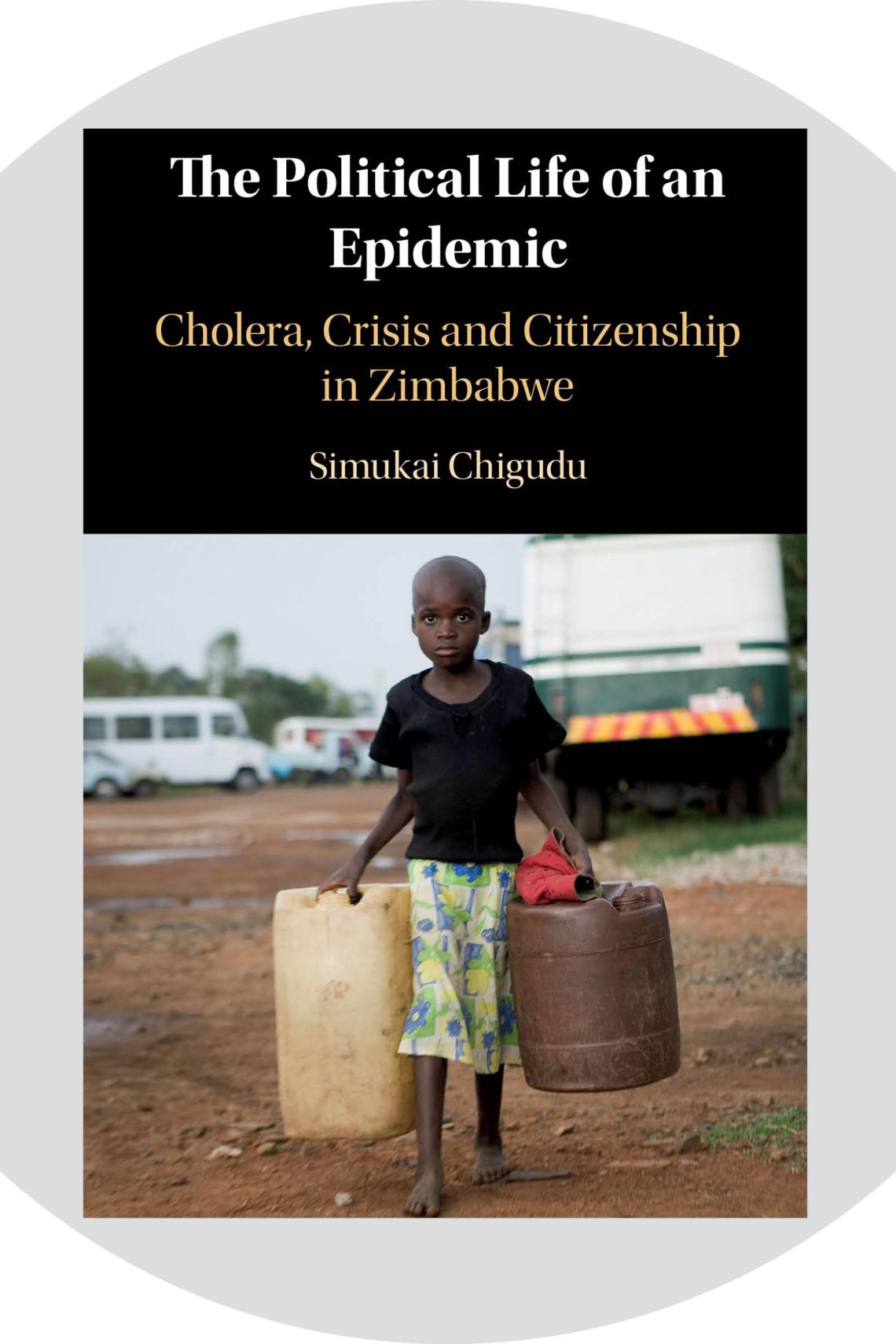New book by Prof Simukai Chigudu explores the political life of cholera in Zimbabwe
Professor Simukai Chigudu’s first book explores the political life of the 2008 cholera epidemic in Zimbabwe, and studies its profound implications for political institutions and citizenship.
Zimbabwe’s catastrophic cholera outbreak of 2008–9 saw an unprecedented number of people affected, with 100,000 cases and nearly 5,000 deaths. Cholera, however, was much more than a public health crisis: it represented the nadir of the country’s deepening political and economic crisis of 2008.
Professor Simukai Chigudu’s The Political Life of an Epidemic: Cholera, Crisis and Citizenship in Zimbabwe traces the outbreak’s historical origins, examines the social pattern of its unfolding and impact, analyses the institutional and communal responses to the disease, and marks the effects of its aftermath.
Chigudu reveals how this epidemic of a preventable disease had profound implications for political institutions and citizenship in Zimbabwe. The epidemic created charged social and political debates surrounding the breakdown of Zimbabwe’s public health infrastructure, its failing bureaucratic order, the scope and limitations of disaster relief, and the country’s profound levels of livelihood poverty and social inequality.
The new book offers a new theory of epidemics by applying concepts from medical philosophy to a specific historical event, and it challenges the view of epidemics as purely biological events.
Simukai Chigudu (2020) The Political Life of an Epidemic: Cholera, Crisis and Citizenship in Zimbabwe, Cambridge University Press.

